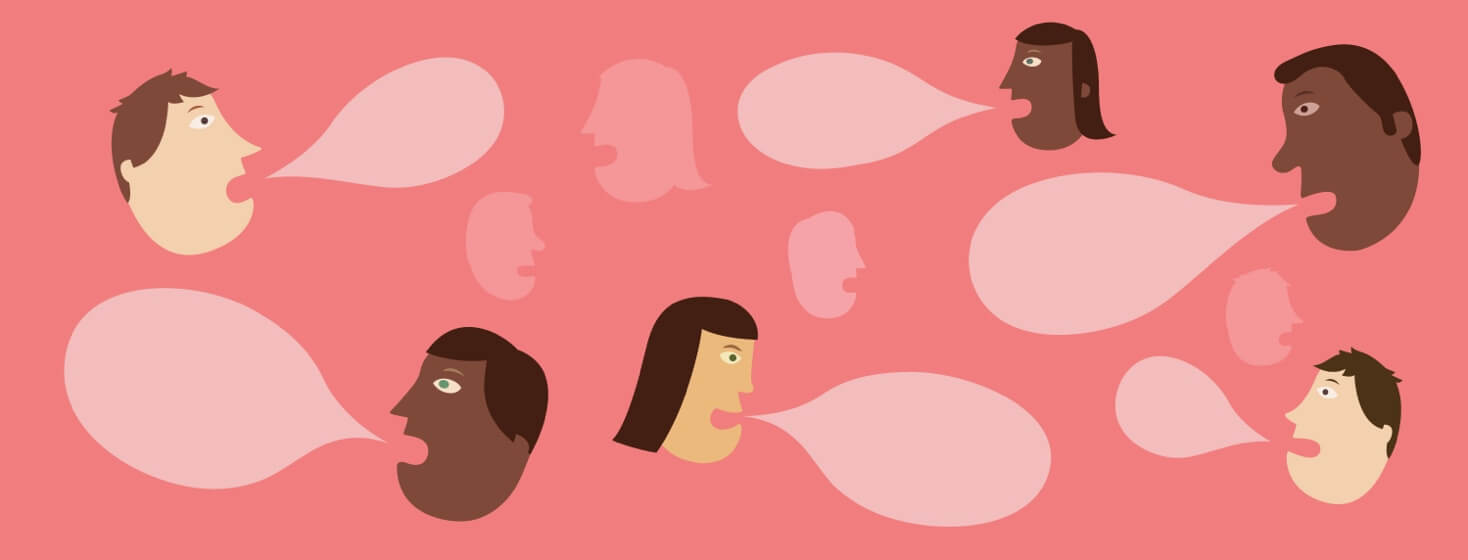Breaking Down What Psoriasis Is To Others
Oftentimes when people have questions about my skin, they do not actually know what psoriasis is. Oftentimes it will be left being compared to eczema or something of the sort. We all know this isn't but explaining what it is can be a laborious task.
Explaining psoriasis to others
With children, I can easily get away with why telling them that my skin is sick. To be fair, it is often accompanied by an "eww" or "gross". Again children can get away with this. Adults, however, should know better and take consideration of a person's feelings.
Finding a quick easy and comprehensive way to explain what psoriasis is, has spared my sanity many times.
It is an autoimmune condition
I tend to stay away from the word disease and lean towards using the condition instead. I find that disease seems to immediately attract a more negative connotation. This could just be my perception and experience speaking though.
The short version is that my immune system mistakenly attacks its healthy cells. Normally the body can tell the difference between healthy and intruder cells, however, our bodies perceive healthy cells as intruders and send the army to sort it out. No one is really sure what causes this confusion, although there are many theories.
People also seem to have a greater understanding of the word autoimmune, so that helps.
Well, what causes the lesions?
Again this is the short and very condensed version of what happens, but this makes it quick and easy to explain to people.
Normal skin cell production takes about a month, new skin is created and the old one sheds naturally. When you have psoriasis, the speed at which skin cells are grown is sped up. As your body only sheds them roughly every 27-30 days. Your body is not sure how to shed them as quickly as what they are produced.
This causes the skin to build up layers of skin in certain areas. They create little heaps of skin that is not ready to shed and that inevitably tears away from your healthy skin.
Managing the symptoms
By the time you get here someone has probably asked, "Is there a cure?" No, there is no cure for this, we simply find ways to manage the symptoms. The symptom range is rather wide and can affect everyone differently. Here are some of the top contenders.
- Itchy and burning skin
- Fatigue
- Painful lesions
- Thick and pitted nails
- Sore tendons and joints
- Depression and anxiety
- Red Patches of skin
Are there ways that you find it easier to explain to people asking questions? I am always keen to hear how others handle this situation.

Join the conversation